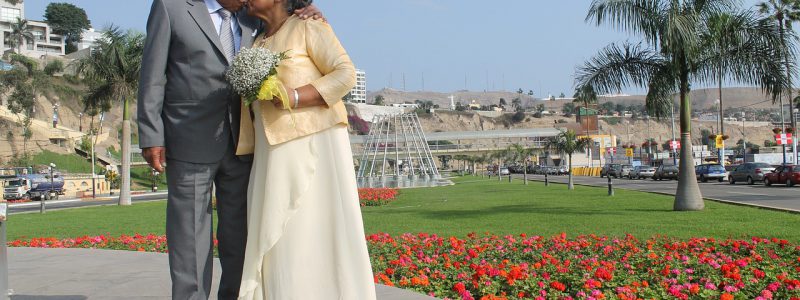
Capacity to marry – what about making a will?
In the recent case of DMM, Re (2017) EWCOP 33 the court had to decide if someone had the capacity to marry and revoke a will.
When creating a will there are many issues that come into play. Alongside the statutory requirements in Section 9 of the Wills Act 1837, there are three main requirements for the formation of a valid will. These are: the testator must have testamentary capacity, the will must be executed free of fraud, undue influence, mistake or duress and lastly the will must have been executed properly.
Possessing the capacity to create a will in the first place remains a central issue. Testamentary capacity can be affected by a number of things, for example: age, mental state and possible exterior coercion.
The facts in DMM, Re (2017)
The case concerned an elderly man, suffering from dementia, who wished to marry his partner of nearly 20 years. His daughters wished to stop this happening amid fears that they would lose out on their inheritance. The will, drawn up in 2013, divided his assets, including a £1.5m house and £120,000 in cash, between his three daughters. The will gave his partner two thirds of his pension, a legacy of £300,000 and the right to stay in the house for two years after his death.
S.18 Wills Act states that an existing will is revoked by a marriage unless an exception applies. If the proposed marriage went ahead, the man’s existing will would be revoked and his new wife would become the primary beneficiary of the estate unless the man made a new will replicating the provisions of the previous will. It appeared that the man was not minded to do this, and the daughters were concerned that they would lose out. This prompted them to apply to the courts for a declaration that their father did not have capacity to marry or to create a new will due to his Alzheimer’s condition.
Capacity to make a will?
The case of Banks v Goodfellow is the leading authority. The three-part test establishes when a testator has capacity to make a will. In regard to this case, the court was instructed to hear from an impartial, distinguished doctor, Dr Series, who assessed the individual’s capacity to marry and create a will. In his report Dr Series concluded that the testator did indeed have the capacity to marry as he “understood the potential consequences of his marriage” and realised that “his daughters might receive less than before” should he subsequently die. One daughter contested this finding and insisted on more testator interviews to be conducted in “rigorous conditions”. This was rejected by the court.
The decision on capacity to marry
The court held that the testator did indeed have the capacity to marry and revoke his will which would in turn leave his daughters in a worse off position financially.
Judge Nicholas R Marston also held that the testator’s fiancée had not exerted undue influence and that Dr Series findings were to be upheld.
The testator’s daughters had no means of contesting the will under the guise of testamentary capacity. Furthermore the testator’s fiancée was exempt from any finding of undue influence on the testator.
Future wills?
In regard to any will the testator makes after marriage, the position of his daughters and wife is slightly different. The daughters might contest the will under Inheritance (Provision for Family and Dependants Act) 1975 which is a vehicle used to seek a greater share of the inheritance without claiming that the will is invalid (and conversely so could his wife, if she believes she hasn’t been left enough). The wife, after the death of her husband, could make her own will (which deals with the estate she receives from her husband as well as her original assets), but if not, and she dies intestate, her assets including those from her deceased husband will pass to her nearest living blood relatives and not to her stepdaughters.
What can we take from this case?
The will dispute arising here is an interesting example of a common contentious probate issue, this being where the testator has the testamentary capacity to make a will. Interestingly, the daughters tried to address the issue of testamentary capacity before the testator had passed away, introducing the argument alongside the challenge to their father’s capacity to marry.
The finding in this case allowed the testator to marry his fiancée and revoke his previous will despite his Alzheimer’s condition. Testamentary capacity must always be assessed from a medical perspective and the judge reiterated in this case that at the heart of this issue is the mental capacity of the testator which must be handled carefully.